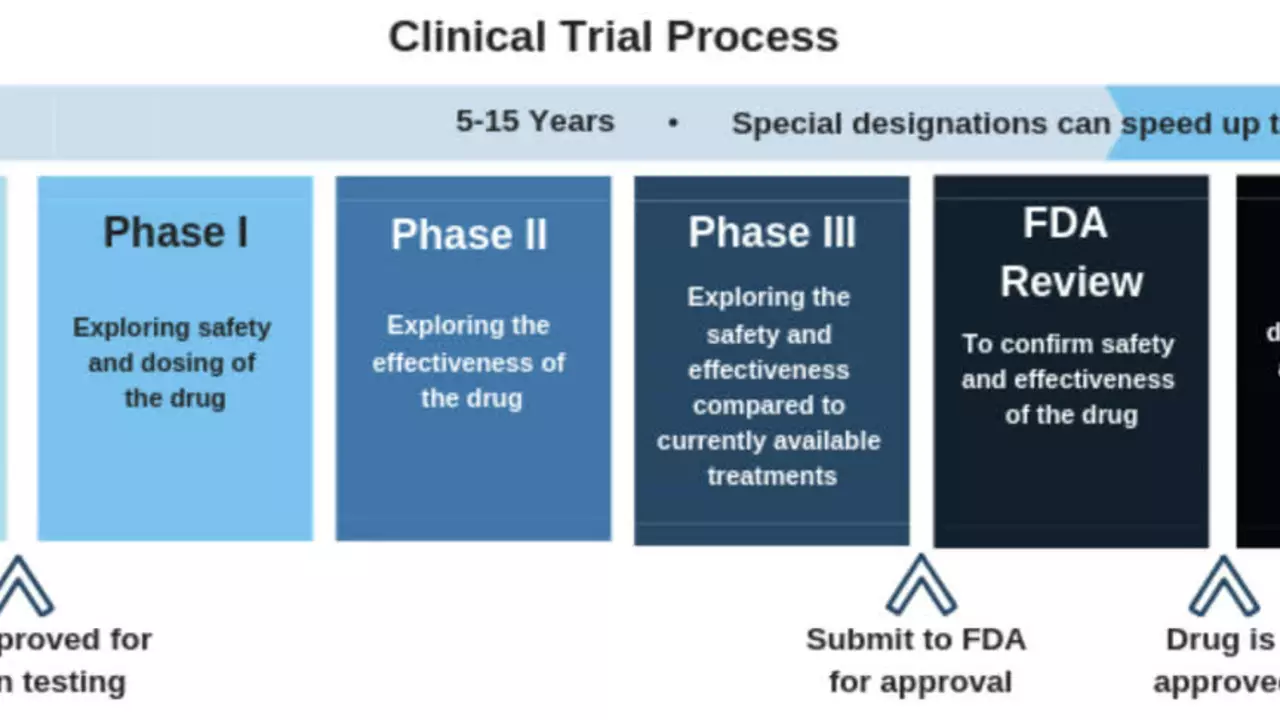Get to Know Nimodipine: What It Does and How It Helps
Nimodipine is a medication you might hear about when it comes to brain health. It belongs to a group called calcium channel blockers, which means it works by relaxing blood vessels, making it easier for blood to flow. But why does that matter? Well, better blood flow to the brain can make a big difference after certain types of strokes or brain injuries.
Doctors often prescribe nimodipine to help prevent problems after a specific kind of stroke known as subarachnoid hemorrhage—a bleeding in the space around the brain. This bleeding can cause blood vessels to tighten or spasm, which limits blood flow and can damage brain tissue. Nimodipine helps keep those vessels open so the brain gets the oxygen it needs to heal.
What You Should Watch For When Taking Nimodipine
Taking nimodipine properly is important. It is usually given by mouth or through a feeding tube if a patient can't swallow. The timing and dosage matter since skipping doses or taking too much can affect how well it works or cause side effects. Common side effects include headache, low blood pressure, or lightheadedness—so it's smart to be cautious when standing up or moving around quickly.
Also, nimodipine can interact with some other medications, so always tell your doctor about anything else you're taking, including supplements. For example, certain blood pressure meds or antifungals can change how nimodipine acts in your body.
Is Nimodipine Right for You?
Not everyone needs nimodipine, and it’s not a general stroke treatment. Its main use is quite specific, so it’s always best to follow medical advice about it. If you or a loved one is dealing with brain blood vessel issues after bleeding, nimodipine might be part of the recovery plan.
Remember, good communication with your healthcare provider is key. Ask questions about why nimodipine is chosen, how long to take it, and what signs to watch for that might mean something is wrong. Staying informed helps you get the most out of your medication without surprises.
In short, nimodipine plays a focused yet vital role in protecting the brain after certain injuries. It’s one of those meds where timing and care really make a difference in how well it does its job. If you want to learn more about similar medications or health topics, keep exploring trusted resources or chat with your doctor.
Nimodipine for children: exploring its safety and effectiveness
In my latest article, I explored the safety and effectiveness of Nimodipine for children. This calcium channel blocker has shown promise in treating various neurological conditions, but its use in pediatric patients requires further investigation. Throughout my research, I discovered mixed results on its safety and efficacy, with some studies suggesting potential benefits while others highlighted possible side effects. As a parent, I'm always cautious about the medications my children take, so I believe we must wait for more conclusive evidence before considering Nimodipine as a safe and effective treatment option for our little ones. Stay tuned for any updates on this topic, as I'll be keeping a close eye on the latest research findings.

